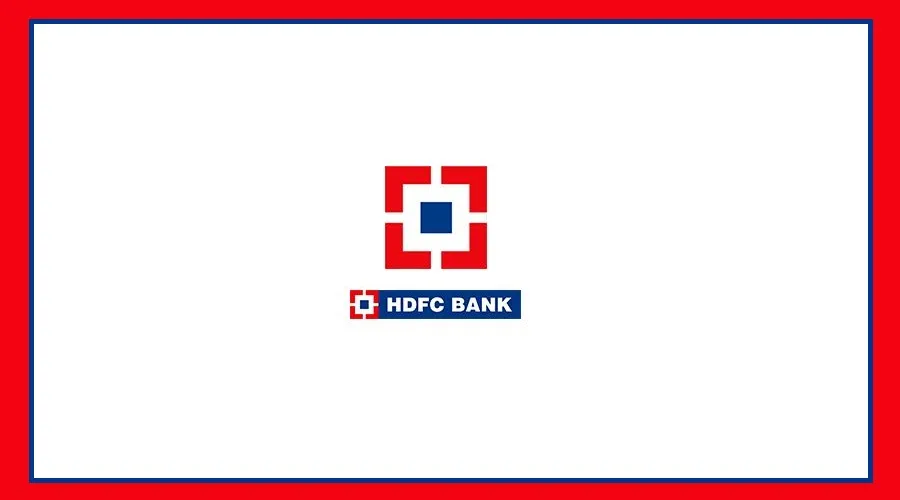On July 3, the shares of HDFC Bank experienced a notable increase of more than 3%.
This surge is believed to be a direct result of the recently completed merger between HDFC Bank and HDFC, which officially took effect on July 1.
Shashidhar Jagdishan, the CEO of HDFC Bank, expressed confidence in the merger’s potential,
stating that the bank has the capability to establish a new institution of similar size every four years.
As of 10:22 am, HDFC Bank shares were trading at Rs 1757, reflecting a gain of 3.27%.
In parallel, HDFC Ltd’s shares were also trading positively at Rs 2916.25, with a gain of 3.34%.
Jagdishan highlighted that the merger has led to an expansion of the company’s distribution network and customer base.
Additionally, thanks to its robust capital, strong asset quality, and profitability, HDFC Bank can extend its reach to untapped segments of the market that lack banking services.
Investment Outlook for HDFC Bank
Market experts view the current situation as an opportune moment for investors to consider HDFC Bank, as it is expected to experience further growth in the future.
Leading brokerage firm Morgan Stanley believes that the bank’s stock holds investment potential and is currently trading at attractive valuations.
Currently, HDFC Bank’s valuation stands at 16 times its earnings per share (EPS) for the past year.
This figure is 20% below the average valuation observed over the past 15 years, indicating that HDFC Bank shares are currently trading below their historical average.
Morgan Stanley further praised HDFC Bank’s consistent track record of generating favorable returns for its shareholders.
Merger Details
Following the merger between HDFC Bank and HDFC, all of the bank’s shares are now owned by public shareholders.
Existing HDFC shareholders hold a 41% stake in the bank, with each HDFC shareholder receiving 42 shares of HDFC Bank for every 25 shares they previously held.
























